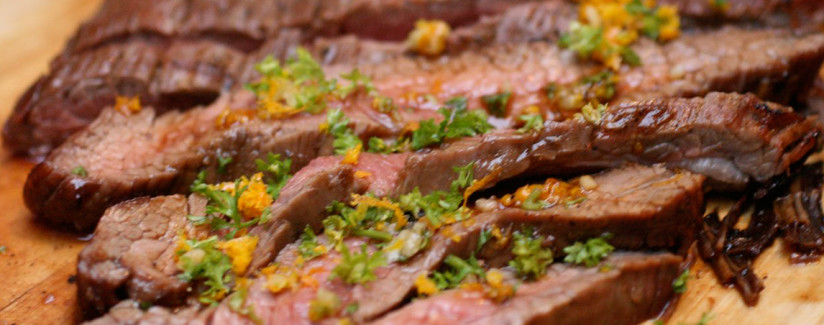
Why Is the United States the Only Country to Allow Hormones in Food Animal Production?
Do you buy milk labeled rBST-free? Are you worried about hormones in milk? We recently posted Are There Growth Hormones in Milk? and Hormones in Milk: Are They Causing Early Puberty in Girls?, but a recent consumer question about why hormones are used in food animal production had us reaching back out to Dr. Ann Macrina, Research/Teaching Associate at Penn State University.
Why is the United States the only country to allow hormone use in food animals?
Dr. Ann Macrina:
This is a very good question, one I’m sure many others share. The simple truth is that the United States is not the only country that has approved hormone use in food animals. In 2014, the United States exported beef to over 100 countries, and only three of them had restrictions on meat from U.S. animals treated with hormones. Similarly, we exported dairy products to over 150 nations. None of the major dairy markets that import U.S. dairy products have restrictions on products produced with bovine somatotropin (bST). This includes Canada and the Commission for the European Communities. So, the majority of countries are willing to accept meat and milk from animals that have been treated with hormones approved for use in the United States, even if they do not allow use of the products in their own countries. Milk and meat from cattle treated with bST are safe for consumers according to regulatory authorities in more than 50 countries including Australia, Canada, the Commission of the European Communities, the World Health Organization (WHO), and the Food and Agriculture Organization’s Joint Committee on Food Additives. The regulations imposed often do not make sense at the consumer level. For example, Canada, Australia, and New Zealand do not allow use of bST in dairy cattle, but they have approved use of hormones as growth promotants in beef cattle.
There are reasons other than human safety that other countries might disallow hormone use in food-producing animals. In some cases, these include social or political reasons having nothing to do with food safety.
Image: “Flank Steak with Tamarind Glaze and Orange Gremolata” by thebittenword.com is licensed under CC BY 2.0.


























